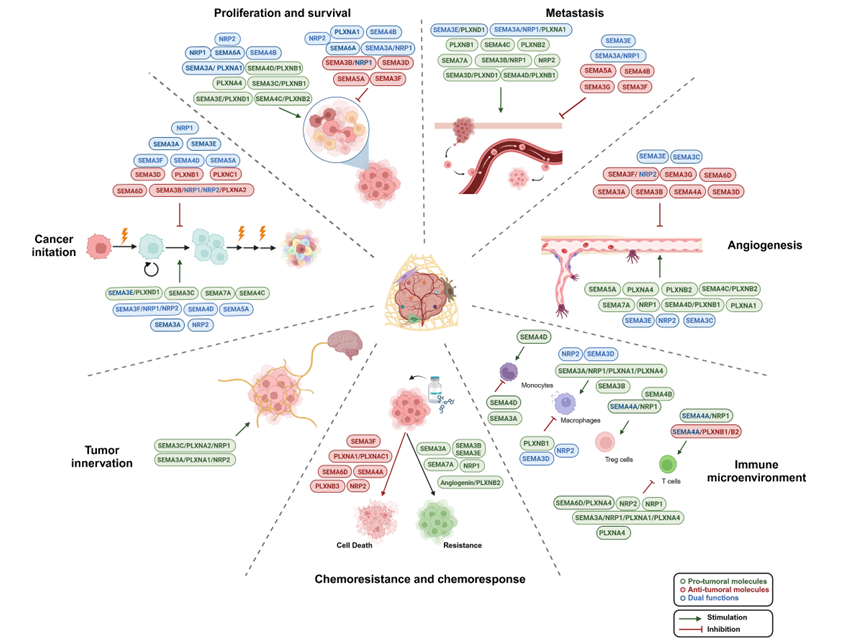
Gemma Fuster Orellana
Coordinator of the Understanding breast cancer research line
Email: gemma.fuster@uvic.cat
ORCID: 0000-0002-4501-2422
Scientific Profile: URECERCA
She is a senior researcher and her scientific career is focused on molecular and cellular biology, areas that have allowed her to study mainly cancer. She worked on different topics, all of them related to health, including cancer cachexia and breast cancer (BC). She is author of 34 indexed publications, some of which are first, last and corresponding authors in high impact journals, mainly in the field of oncology. She disseminated her results at national and international conferences, and as an invited speaker at university-research centres and medical institutes. She participated in multiple competitive projects as a collaborator and as principal investigator. She enjoyed a pre-doctoral FPI grant, and she received two postdoctoral grants (Juan de la Cierva/Sara Borrell) and an extraordinary PhD award at UB. She supervised 7 TFMs, 3 TFGs, and 2 doctoral theses. Her main scientific interest is focused on the molecular understanding of the most frequent pre-invasive lesions (DCIS) in CM, from the approach of cancer cells and the tumour microenvironment, focusing on the role of neuronal factors. Currently, she is collaborating in one of the TR2Lab research group projects about mechanisms of tissue repair and regeneration.
My last happenings:
Unlocking DCIS lesions progression to prevent women overtreatment and improving their sexual and reproductive health impact
Research team Gemma Fuster, Laia Bosch-Pressegué, Cristina Martín, Antoni Parcerisas, Neus Carbó, Patrícia-Fernàndez-Nogueira, Èric Calatayud, Mónica Marro and Clara Martínez in the UVIC-UCC and IRIS-CC. Also Researcher at Vall Hebrón Research Institute leaded by Dr. Vicente Peg, and in Hospital Germans Trias i Pujol, leaded by Dr. Aintzane Urbizu. The Fundació La Marató de 3cat, on the occasion of its edition dedicated to Sexual and Reproductive Health, has awarded diplomas to the researchers who will carry out the selected research projects, among which the one led by Drs. Vicente Peg (Hospital de la Vall [...]
Role of semaphorins, neuropilins and plexins in cancer progression
Role of semaphorins, neuropilins and plexins in cancer progression Authors: Patricia Fernández-Nogueira, Paula Linzoain-Agos, M. Cueto-Remacha, I. De la Guia-Lopez, Leire Recalde-Percaz, Antoni Parcerisas, Pere Gascón, Neus Carbó, Álvaro Gutiérrez-Uzquiza, Gemma Fuster, Paloma Bragado,. Abstract SEMAs and their receptors PLXNs and NRPs are implicated in key cancer processes. The expression of SEMAs/PLXNs/NRPs is altered in several types of cancer, making them potential prognostic biomarkers. How their expression is dysregulated in cancer is still a mystery, as few mutations have been reported. SEMA signalling, along with NRPs and PLXNs in cancer, makes them suitable as [...]
The SEMA3F-NRP1/NRP2 axis is a key factor in the acquisition of invasive traits in in situ breast ductal carcinoma
The SEMA3F-NRP1/NRP2 axis is a key factor in the acquisition of invasive traits in in situ breast ductal carcinomaintegrated care Authors: Núria Moragas, Patricia Fernandez-Nogueira, Leire Recalde-Percaz, Jamie L. Inman, Anna López-Plana, Helga Bergholtz, Aleix Noguera-Castells, Pedro J. del Burgo, Xieng Chen, Therese Sorlie, Pere Gascón, Paloma Bragado, Mina Bissell, Neus Carbó & Gemma Fuster Abstract Breast cancer is the most common cancer in women and the second leading cause of cancer death. DCIS is common and accounts for 20-25% of new breast cancers, with 40,000 predicted in the US in 2020. DCIS lesions vary in [...]











